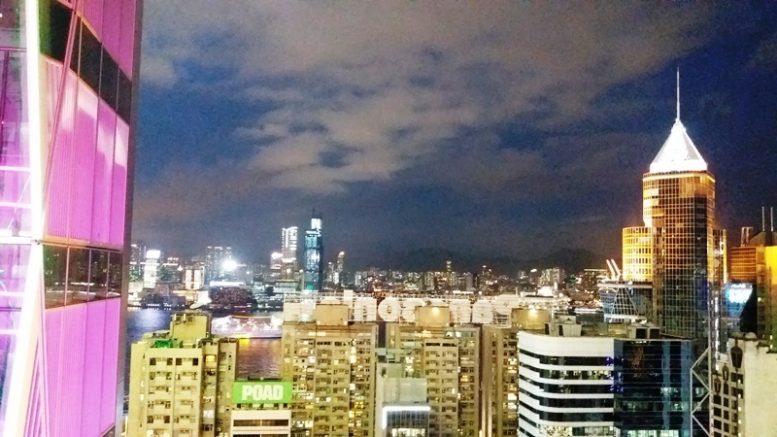By Chris Yeung –
In many aspects, Hong Kong and Canada are sharply different. We are small. Canada is big. We are a SAR, or special administrative region; Canada a nation. There are some important similarities, nevertheless. Both are a heaven for migrants, a land of diverse cultures.
If Canada holds lessons for other Western countries in managing its domestic and external shocks, are there any for Hong Kong? Perhaps some at a time when the Hong Kong SAR is trying to grapple with a raft of complex political and socio-economic woes.
Lamenting the depressing trend of such big powers in the West as the US, Britain, Germany and France towards building walls, slamming doors and raising drawbridges in their migration and trade policies, The Economist saw Canada as the new torch-bearer of liberty and openness.
In an editorial of its latest issue, the magazine praised Canada for sticking to its policy of opening its door wide to migrants and integrating them into their society. “Its charter of right and freedoms proclaims the country’s ‘multicultural heritage.’ Not every country will fuse diversity and national identity in the same way that Canada does.”
Under Prime Minister Justin Trudeau, Canada dug deeper into its kitty to spend more on infrastructure, cut tax for middle class and raise rates for high income-earners to pay for it. The Economist observed the mixture of policies – liberal on trade and immigration, activist in shoring up growth and protecting globalisation’s losers – is a reminder that the centrist formula still works, if politicians are willing to champion it.”
Canada shows, the UK magazine says, “tolerance and openness are wellsprings of security and prosperity, not threats to them.”
Enter Hong Kong. The SAR faces no pressure for us to shut the door for migrants. With no manufacturing and primary industries, it will be suicidal if Hong Kong moves to build walls for trade and services. On balance, the city has stayed liberal on the trade and immigration fronts.
Tolerance of dissent in Hong Kong drops
There are growing jitters, however, over the degree of tolerance and openness towards dissenting voices. The increasing intolerance of the power and rich towards what they deem as insatiable demands from the weak and the poor in their political and economic power has underpinned the worsening conflicts in the society.
At the “one country, two systems” constitutional level, a public outcry over the insulting words about China in the oath of two Youngspiration legislators-elect Sixtus Baggio Leung Chung-hang and Yau Wai-ching has been blown out of proportion. An editorial of the Global Times, a sister paper of the official People’s Daily, yesterday claimed barring the pair from becoming lawmaker is the “will of the 1.3 billion Chinese people.”
To borrow a traditional Chinese saying, the inflating of the dangerous game of word play of the pair to an act of secessionist is aimed to “kill the chicken to warn the monkey.” Their pro-independence theatrics have been equated with the pro-independence movements in Taiwan, Tibet and Xinjiang.
Judging from culture and history and the present geo-politics around China, it is not difficult to understand why the Chinese Communist Party fear that external forces may foment separatist movements in the three places.
By any standards, Hong Kong is vastly different. True, pro-independence sentiments have always existed among different strata of the society.
Only one political party, namely Hong Kong National Party, inaugurated last year formally promoted independence. It has become almost invisible since then. Few fair-minded people think seriously Hong Kong independence movement will become reality. The entry of Leung and Yau into Legco will not make that happen.
Beijing’s obsession with fears about national security in view of what they perceived as being encroached by external hostile forces has put a damper on its tolerance of political dissent in the city.
At the domestic level, the sharpening conflicts between the haves and the haves-not over political and economic interests have resulted in stalemate over issues including universal suffrage and workers’ benefits.
Like the mainland-Hong Kong issues, they ought to be tackled in the centrist formula to avoid worsening divide between the central authorities and Hong Kong and within the Hong Kong society.
Canada may lag Hong Kong on many fronts. Its emphasis on peace, order and good government is what the city needs most now.
Chris Yeung is founder and editor of the Voice of Hong Kong website. He is a veteran journalist formerly worked with the South China Morning Post and the Hong Kong Economic Journal. He writes on Greater China issues.
Photo: VOHK picture


Be the first to comment on "Lessons of Canada for Hong Kong"